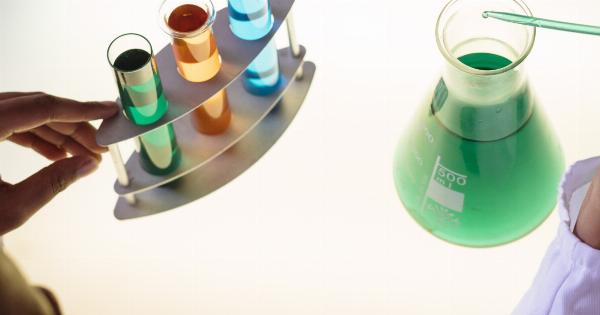Parkinson’s disease is a neurological disorder that affects millions of people worldwide. Its symptoms include tremors, rigidity, and difficulty in movement, among others.
Parkinson’s disease is caused by damage to the neurons that produce dopamine, a neurotransmitter that controls movement. While there is currently no cure for Parkinson’s, researchers have been exploring different therapies that can slow the progression of the disease.
One potential treatment is caffeine, which has been found to have a beneficial effect on Parkinson’s disease.
What is caffeine?
Caffeine is a stimulant that is commonly found in coffee, tea, and many other beverages and foods. It stimulates the central nervous system, making people feel more alert and awake.
Caffeine is also a diuretic, and it can cause a temporary increase in heart rate and blood pressure.
How can caffeine help with Parkinson’s disease?
There is growing evidence that caffeine can be beneficial for people with Parkinson’s disease.
Studies have found that caffeine’s stimulating effect on the nervous system can help to improve movement and reduce the tremors that are characteristic of Parkinson’s.
How does caffeine affect the brain?
Caffeine works by blocking the action of a neurotransmitter called adenosine. Adenosine is responsible for slowing down brain activity and promoting sleep.
When caffeine blocks adenosine, it causes an increase in the activity of other neurotransmitters, including dopamine, which is the neurotransmitter that is affected by Parkinson’s disease.
What do studies say about caffeine and Parkinson’s disease?
Several studies have found that caffeine may have a neuroprotective effect on the brain.
A study conducted by the Harvard School of Public Health found that people who drank more than four cups of coffee a day had a significantly lower risk of developing Parkinson’s disease than people who did not drink coffee. Another study published in the Journal of Parkinson’s Disease found that caffeine improved motor symptoms in Parkinson’s disease patients.
Does caffeine have any side effects?
While caffeine can be beneficial for people with Parkinson’s disease, it is important to note that it can also have side effects. Caffeine can cause insomnia, nervousness, and an increased heart rate.
It can also interfere with some medications, including those used to treat Parkinson’s disease.
Conclusion
While there is no cure for Parkinson’s disease, researchers are exploring different therapies that can help to slow the progression of the disease.
Caffeine is one potential treatment that has been found to have a beneficial effect on Parkinson’s disease. While there is still much to learn about the relationship between caffeine and Parkinson’s disease, the evidence suggests that caffeine may be a promising therapy for people with Parkinson’s disease.



























